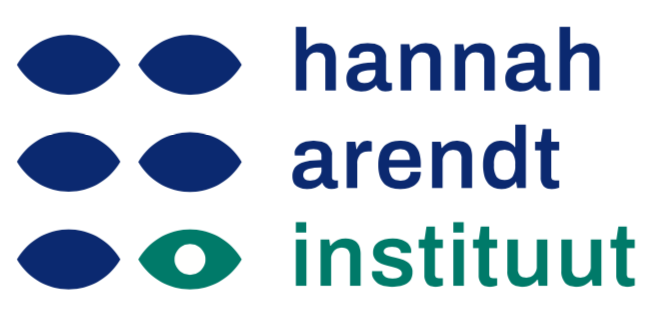Belgium, Mechelen: Hannah Arendt Institute, Brussels: KULeuven premisses
Organizers: University of Antwerp
Program:
On Day 1 we welcome everyone at the Hannah Arendt Institute, which will be introduced by his president (Valorizing academic research). Next there’s the reading session (see the 3 texts below). In the afternoon the theme Exploring the interface between research and action will be discussed, followed by a round table on Learning how to navigate research and action from SOLiDi-(related) examples.
For Day 2 we move to Brussels where we will meet all interesting organizations and EP/EC people: Tinneke Strik (EP), Mario Scharfbillig (EC), Laura de Bonfils of Social Platform and Sara Sow Linares of SIRIUS.
On Day 3 we are back at HAI in Mechelen where we invite 3 former PhD researchers to talk about their transition to the labour market after their PhD. The other half of the day we have our usual consortium meeting, ESR Board and planning meeting on the upcoming workshops and deliverables, for the final project-year coming up.
Content and aims:
The workshop is concerned with how researchers can operate on the interface between academia and the world of policy making, activism and civil society campaigning. Which ‘hybrid’ institutional arrangements make it possible to combine the strengths of research and action to change society? How can researchers navigate the different (ideal-typical) institutional logics in such a hybrid institutional setting, for example the critical, long term and reflective approach of research with the pragmatic, project-based and result-oriented approach of action?
We aim to approach this question on an organizational as well as on a personal level. On the organizational level, we are interested in hybrid institution building, i.e. the building of institutions that combine a research and action logic. This can involve creating new institutions or institutional arrangements (e.g. spin-off organizations from research, secondment schemes for academics in non-academic organizations, consultancy organizations, valorization institutions) or making existing institutions more hybrid (e.g. civil society organizations or public policy organization that set up research sections or give employees dedicated time to spend in research or academic training).
On the personal level, we aim to reflect on how to carry out the research insights from the PhD into the sphere of policy-making, civil society organizing and/or public debating? How to find an organizational ‘home’ for the research insights and associated visions on social change? How to find (paid) employment and engage in transformative action within the confines of an organizational mission and strategy?
Reading list:
Routledge, P., & Derickson, K. D. (2015). Situated solidarities and the practice of scholar-activism. Environment and Planning D: Society and Space, 33(3), 391–407
Novy, A., Cools, P., Verschraegen, G. and Weinzierl, C. (2019) ‘Knowledge for social innovation’, p. 161-188 in Oosterlynck, S., Novy, A. and Kazepov, Y. (2019). Local social innovation to combat poverty and social exclusion: a critical appraisal. Bristol, Policy Press.
Gibson-Graham, J. K. (2008). Diverse economies: performative practices for `other worlds’. Progress in Human Geography, 32(5), 613–632





